AO Edited
Lake Chargoggagoggmanchauggagoggchaubunagungamaugg
It's not a typo, now say it five times fast!
Webster Lake is a beautiful New England vacation spot, replete with trees and gently lapping shorelines, summer cottages that dot the lakefront, and children splashing in the shallow water. Webster Lake is also a lie.
That’s because “Webster Lake” is actually named Lake Chargoggagoggmanchauggagoggchaubunagungamaugg. That’s not a typo (or it might be, but who could honestly tell?). The third-longest single-word place name in the world, and number one in the United States, Lake Chargoggagoggmanchauggagoggchaubunagungamaugg actually has more g’s (15) than average feet of depth (13).
Prior to the arrival of English settlers, the lake was known as “Chaubunagungamaugg,” meaning “fishing place at the boundary,” in Loup, an Algonquian language. When settlers began using the lake as a fishing and meeting spot as well, the name expanded to “Chargoggagoggmanchauggagoggchaubunagungamaugg,” meaning “English knifemen and Nipmuck Indians at the boundary or neutral fishing place.”
The name quickly became a source of pride for the people who lived nearby. In the 1950s, a plan to shorten the name was met with fierce resistance, tinged with a little poetic disobedience by poet Bertha A. Joslin:
“‘Touch not a g!’ No impious hand
Shall wrest one from that noble name
Fifteen in all their glory stand
And ever shall the same.
For never shall that number down,
Tho Gogg and Magogg shout and thunder;
Chargoggagoggmanchauggagoggchaubunagungamaugg’s renown
Shall blaze, the beacon of the town,
While nations gaze and wonder.”
You’ll probably never be able to pronounce Lake Chargoggagoggmanchauggagoggchaubunagungamaug, but you can visit it, enjoy the changing of the seasons, eat great New England food, and maybe, if you’re lucky, convince an older local to rattle off a few syllables.


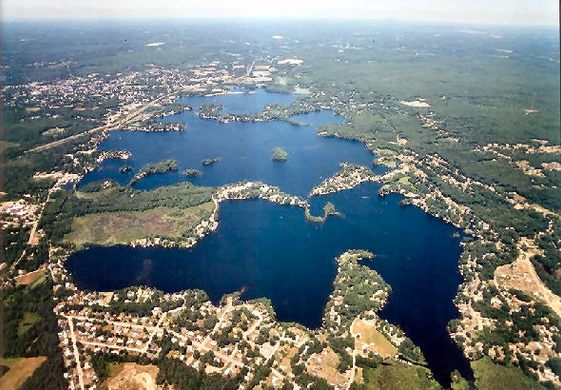
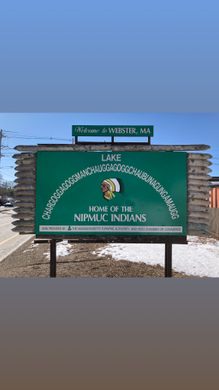
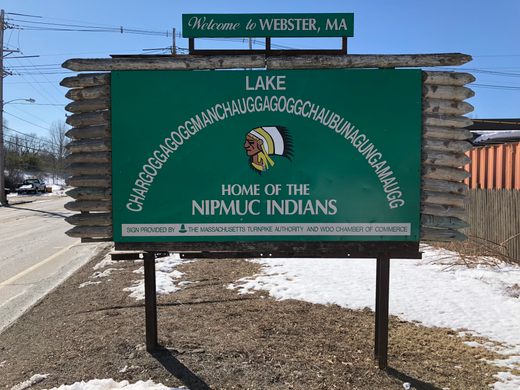
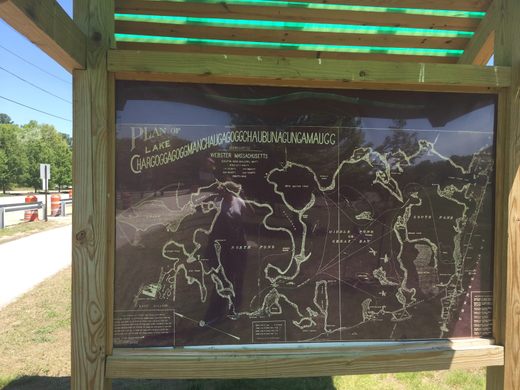
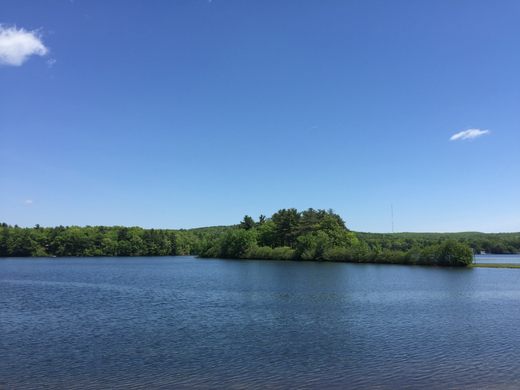
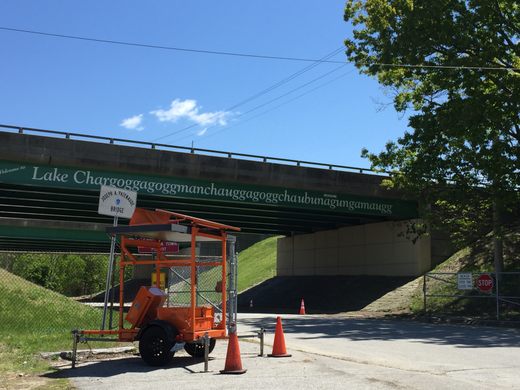













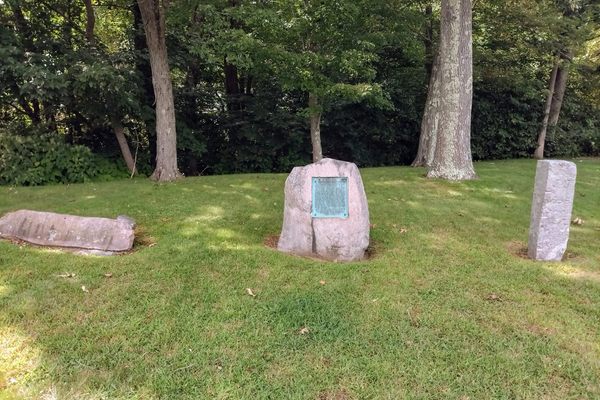
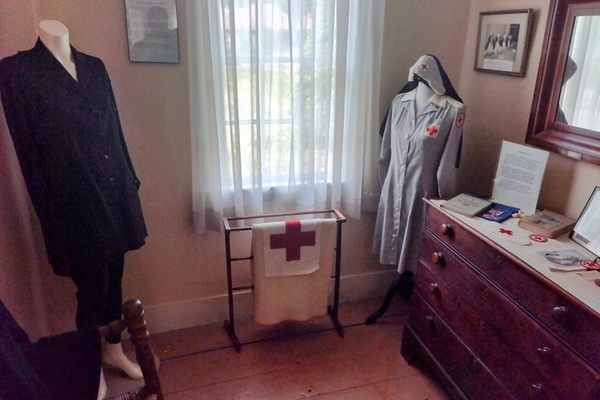
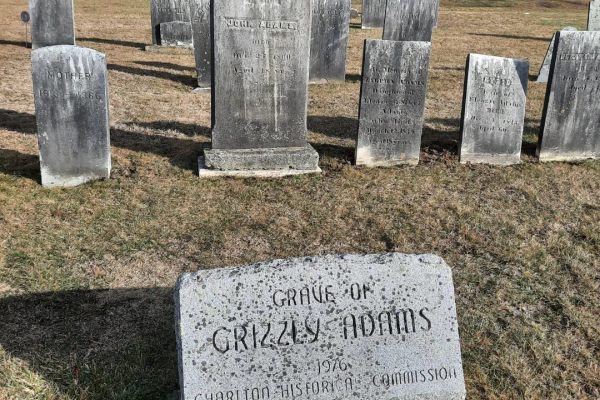

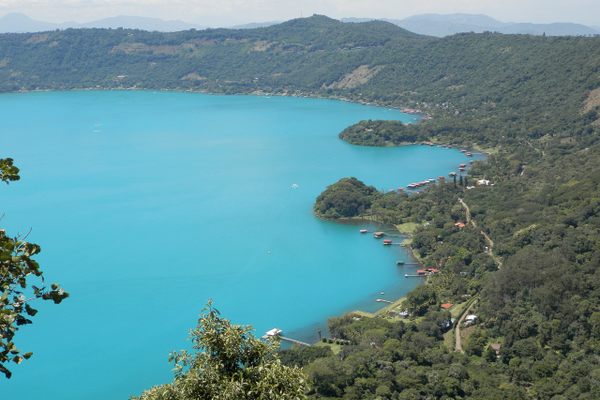
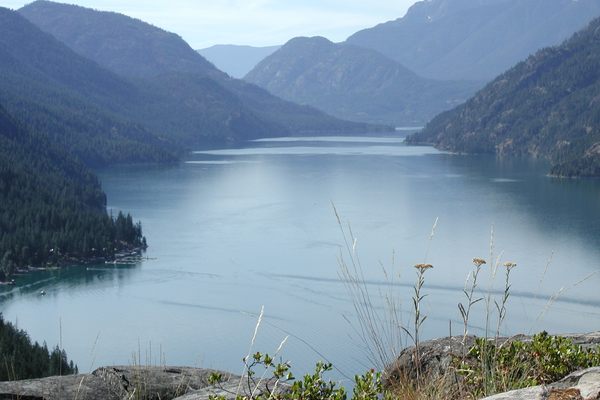
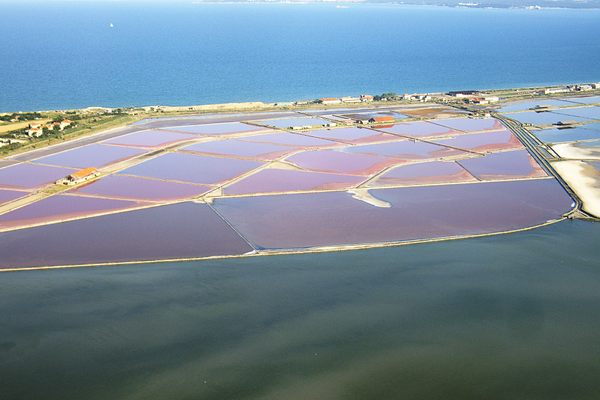


Follow us on Twitter to get the latest on the world's hidden wonders.
Like us on Facebook to get the latest on the world's hidden wonders.
Follow us on Twitter Like us on Facebook